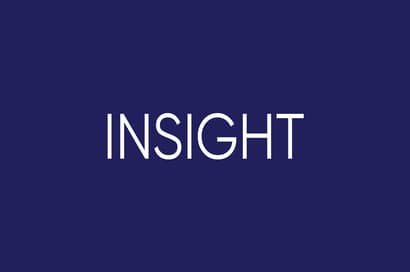
INFLATION WATCH – December 2024
Inflation Watch – Nigeria’s Inflation Peaks at 34.80% in December 2024 Amid Festive Demand Surge
In December 2024, Nigeria’s inflation rate rose to 34.80% y/y, an increase from 34.60% in November. This marks the fourth consecutive monthly rise and represents the highest level recorded in over six months. This uptick can largely be attributed to increased consumer demand during the festive season, which led to higher prices for a range of goods and services. Food inflation remained notably high at 39.84% y/y, slightly down from November’s 39.93%. Essential items, including yam, sweet potatoes, beer, corn, rice, and fish, saw significant price hikes. The surge in demand during the festive season further intensified these inflationary pressures. Additionally, the core inflation rate, which excludes the more volatile categories of food and energy, increased to 29.28% y/y in December, up from November’s 28.75%, highlighting persistent underlying inflationary pressures.
Please see below, a summary of Nigeria’s Inflation report for December 2024:
- The main index continued to rise, although at a reduced pace, increasing by 2.44% m/m, which is a decline of 20 bps compared to November 2024.
- The core index accelerated to 2.24% m/m in December, up from 1.83% in the previous month.
- The food sub-index decreased to 2.66% in December, down from 2.98% m/m in November.
- Urban inflation rose to 37.29% y/y, an increase from 37.10% in November 2024.
- Rural inflation also increased, reaching 32.47% y/y, up from 32.27% in November 2024.
The persistent inflationary trend can be traced back to the economic reforms enacted by President Bola Tinubu in 2023, which included the devaluation of the naira and the elimination of fuel subsidies. These reforms were intended to stimulate economic growth and enhance public finances. While there was a temporary decrease in inflation during the middle of the year due to these measures, subsequent increases in petrol prices resulted in renewed inflationary pressures, further exacerbating the cost-of-living crisis in Nigeria. Nevertheless, the Nigerian government projects a decline in inflation to 15% by 2025, facilitated by a reduction in petroleum product imports and the continuation of economic reforms. Achieving this goal will necessitate the successful execution of policies aimed at tackling the fundamental causes of inflation and stabilizing the economy.
